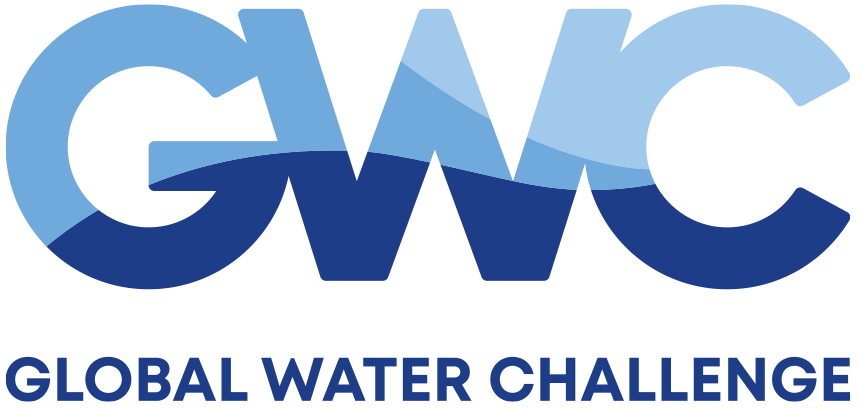Global Handwashing Day: The Importance of Continued Awareness of Proper Hand Hygiene
New handwashing station at Sukusuku School in Ghana, West Africa, constructed through Global Water Challenge and Cargill’s project. Photo supplied by World Vision.

Over the last three years, people in urbanized spaces around the world have become accustomed to hand hygiene protocols. The COVID-19 pandemic sensitized ordinary citizens to the importance of frequent handwashing. Whether while visiting the dentist, dropping by school to fetch kids, or spending time at a coffee shop or local gym – the public health messaging permeated every area of daily life and has promoted a shift in handwashing behaviour.
Yet, the impact of handwashing campaigns only extends as far as the available infrastructure and resources to support the proper practice of regular handwashing. The adoption of the messaging, conveyed in most comprehensive hand hygiene awareness campaigns, is based on the presupposition of developed countries that clean water and access to handwashing facilities are readily available.
As communities around the world grapple with the ongoing impacts of water scarcity and climate change, Global Handwashing Day promotes top of mind awareness of the lack of access to clean water and handwashing facilities for so many people around the world, while also providing a powerful platform to celebrate the collaborative efforts and initiatives created to address these inequities.
According to UNICEF, 65% of homes in least developed countries and 43% of schools lacked a handwashing facility with water and soap affecting 818 million school-age children.
Furthermore, two billion people will still lack access to hand hygiene by 2030, negatively impacting other development priorities, including education, health, nutrition, and economic growth.
This paints a stark contrast to the easily accessible faucets and bathrooms normalized in high-income environments — and brings into sharper focus the pressing need for the combined efforts of the public sector, civil society, and private sector in alleviating the disparity in water, sanitation and hygiene (WASH), and achieving equitable access to handwashing facilities.
Acknowledging the scale of the WASH obstacles and lack of access to education about proper hygiene practices, Global Water Challenge (GWC) and Cargill partnered to develop projects to address these widespread community water challenges. Through the Cargill Currents platform, GWC and Cargill have implemented projects that address community water challenges in priority regions and improve access to safe drinking water, sanitation and hygiene in communities where Cargill employees live and work.
Women and girls are disproportionately affected by the lack of access to clean water, the resulting exposure to unsanitary conditions, and the amount of time spent collecting water. The World Health Organization highlighted that every year, 297,000 children under 5 years die due to diarrhoea linked to inadequate WASH, poor sanitation and contaminated water, and increasing effects of diseases such as cholera, dysentery, hepatitis A, and typhoid. That is why GWC and Cargill have prioritized the empowerment of women as a key component of the projects as improving the health and livelihood of women and girls contributes significantly to building overall community resilience.
Stephanie is a 14-year-old girl from Wenchi in the Western North Region of Ghana. She used to struggle with the lack of access to water at her school and found it almost impossible to practice proper handwashing at critical times. Stephanie and her fellow school mates walked for long distances and joined queues to access unsafe water. This had a negative impact on her health and school life. Through the project, new handwashing stations were installed at Stephanie’s school, and she learnt about hand hygiene alongside her friends. Stephanie says, “I was excited when I heard that my school would have access to clean water. I believe proper hand washing with soap under running water is my protection against infection. I now serve as a representative for proper hand washing in my community, school, and home after participating in the demonstrations of our new handwashing stations.”
The Cargill Currents program, in partnership with GWC, began in 2021 and has thus far implemented 13 projects in Cameroon, Ghana, Ivory Coast, India, and the United States. The program is on course to benefit up to 150,000 people with improved WASH in priority communities and basins around the world.
Beneficiaries of the Cargill Currents program include some of the communities supported by Cargill’s Cocoa Promise sustainability program, which is part of Cargill’s commitment to help ensure a thriving, sustainable cocoa sector for generations to come. Together, these programs are supporting young girls like Stephanie and their communities.
Accelerating efforts to support wider availability of WASH education and handwashing facilities in WASH challenged communities and schools remains a critical path to maintaining the high level of awareness generated around proper hand hygiene — and Global Handwashing Day is a timely reminder of this.
